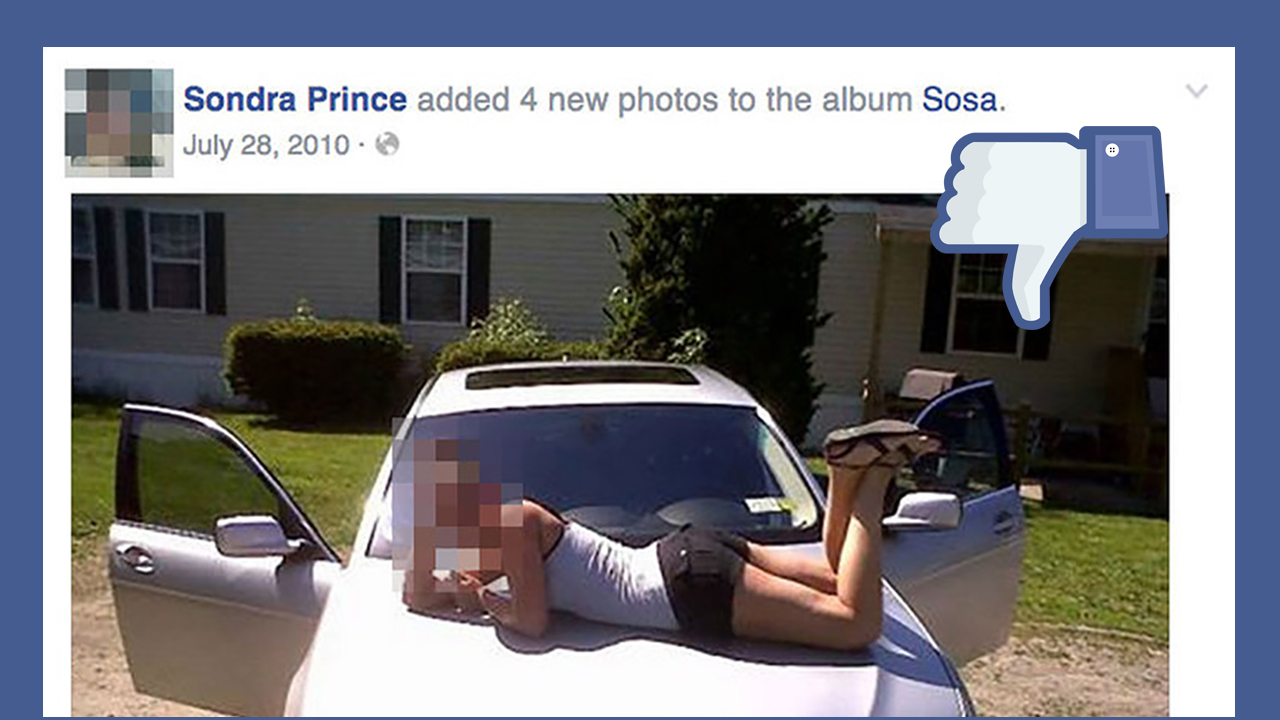The Justice Department claims to have every right to impersonate a real person on Facebook and use photos from a seized cellphone to post them on the popular social networking site.
Sondra Arquiett was arrested in 2010 for allegedly being part of a drug ring. She was accused of participating in a conspiracy to distribute cocaine and was facing a maximum sentence of life in prison. Arquiett was a minor player, allowing storage of cocaine in her apartment and making occasional contacts for her boyfriend Jermaine Branford, from whom she never even took payment.
Facing a tough situation, Arquiett cooperated with authorities and agreed to let them use information on her phone as part of an investigation. She did not expect to have a friend come to her and point out a Facebook page with racy photos taken from her phone. The DEA had set up the profile and was using it to make contact with other potential suspects.
Even worse, DEA operatives were posting photos of her son and niece, creating a possibly dangerous situation for toddlers with no involvement in the case.
The government’s defense stated that “the Plaintiff implicitly consented by granting access to the information stored in her cell phone and by consenting to the use of that information to aid in an ongoing criminal investigations.”
Elizabeth Joh, a professor at the UC, Davis, School of Law tells Buzzfeed, “That’s a dangerous expansion of the idea of consent, particularly given the amount of information on people’s cell phones.” Anita L. Allen, a privacy expert adds, “I may allow someone to come into my home and search, but that doesn’t mean they can take the photos from my coffee table and post them online.”
Arquiett was ultimately sentenced to five years of probation which has been certified as complete after the judge took all of her cooperation and potential privacy violations into account. While that may mean the story is over for Arquiett, this sort of extreme interpretation of consent may still be up in the air until someone takes the DEA to court. (Screenshot: Facebook)



